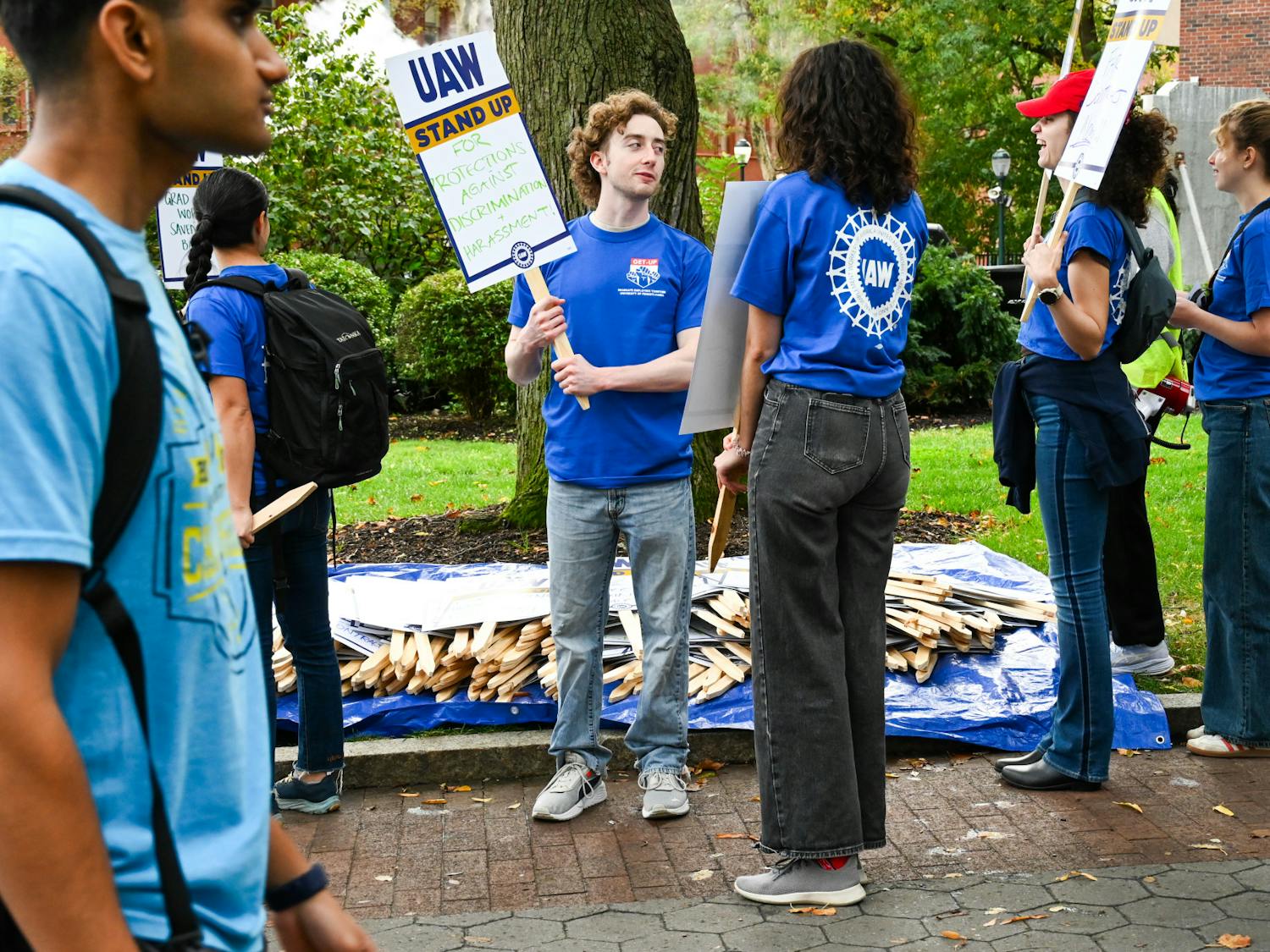A study from Penn’s Computational Social Science Lab indicates that consumption of misinformation and extremist content on YouTube may be a result of user preference and the online content ecosystem, rather than YouTube’s recommendation algorithm.
The Proceedings of the National Academy of Sciences of the United States of America published the study in August 2021. Senior Research Scientist Homa Hosseinmardi told Annenberg School for Communication that while social media sites such as Facebook and Twitter have been analyzed and criticized for the propagation of radical content, YouTube has received less attention due to the public perception of YouTube as a site for consumption of entertainment rather than news.
“YouTube has been overlooked by researchers, because we didn't believe that it was a place for news, but if you look at the scale, it has more than two billion users," she said.
Hosseinmardi is a lead researcher on the PennMAP team, which is a project by the Computational Social Science Lab intended to increase media transparency. PennMAP aims to detect misinformation across media platforms to improve media transparency in conjunction with journalists, policy makers, and researchers.
The Computational Social Science Lab, founded in March by Penn professor Duncan Watts, strives to improve the data quality regarding media and misinformation.
Hosseinmardi and her team's study concluded that between 2016 and 2019, while the number of far-right news consumers did not increase, "anti-woke" news consumers increased, and consumption of news in both categories increased per user. The study determined that this pattern was not driven by YouTube’s recommendation algorithm, but by several factors including platform features and shifting individual preferences in news consumption across platforms.
Hosseinmardi also discussed the need for solutions in areas beyond social media-related policymaking in the study, warning that consumption of extremist misinformation results in increased harassment targeted at marginalized groups.
PennMAP's research synthesizes data from over 500,000 users to evaluate media trends. In addition to the 2021 study, PennMAP's team published a related study in 2020 cited by the U.S. Senate Committee on Homeland Security and Governmental Affairs in a hearing on the impact of social media on domestic extremism.









